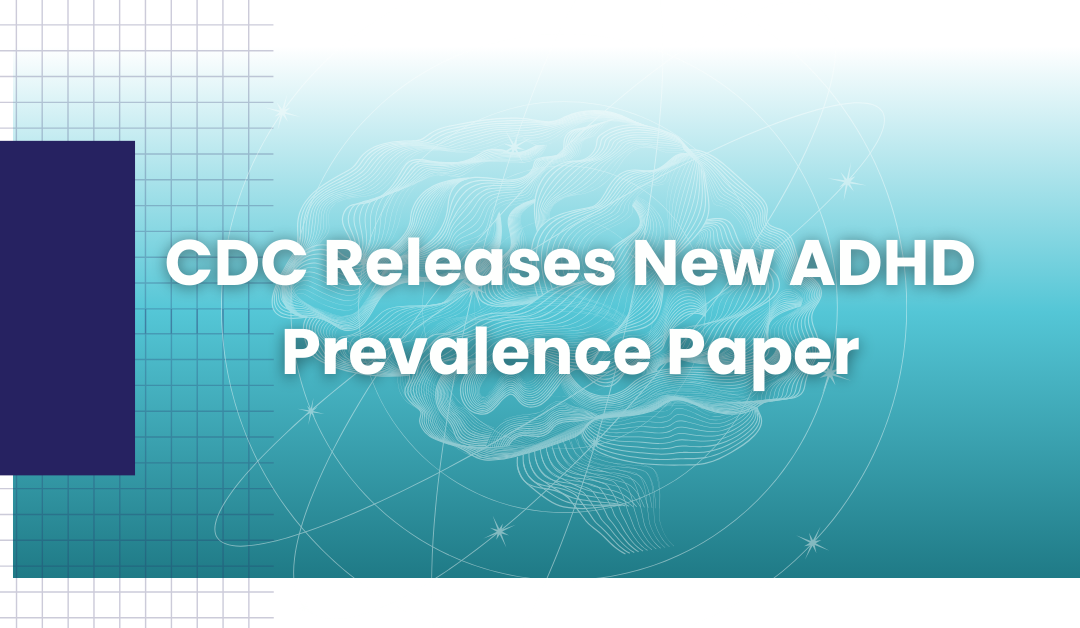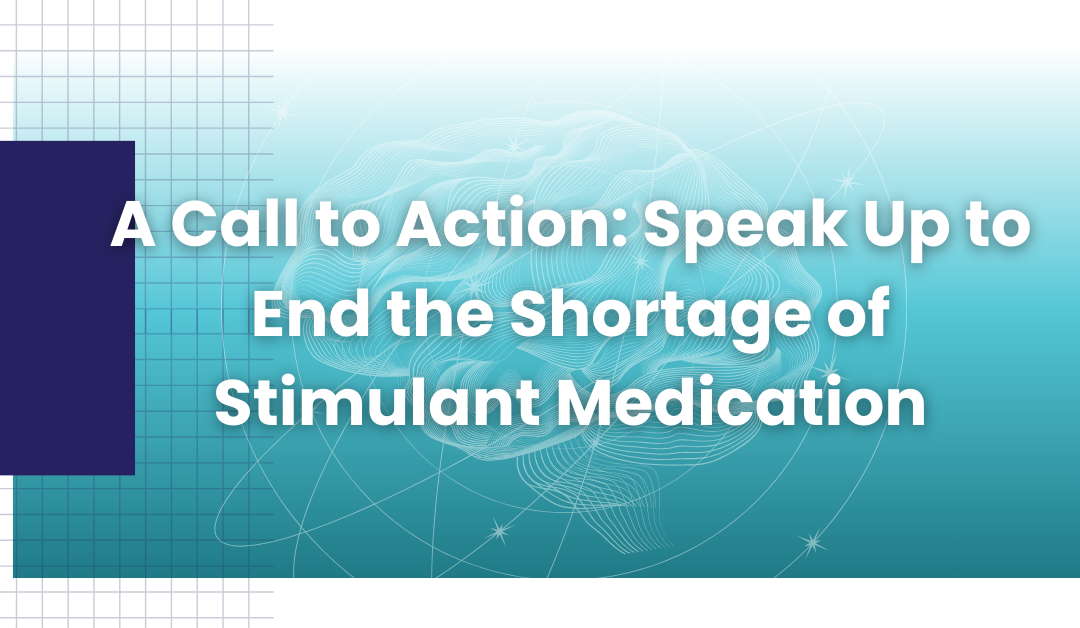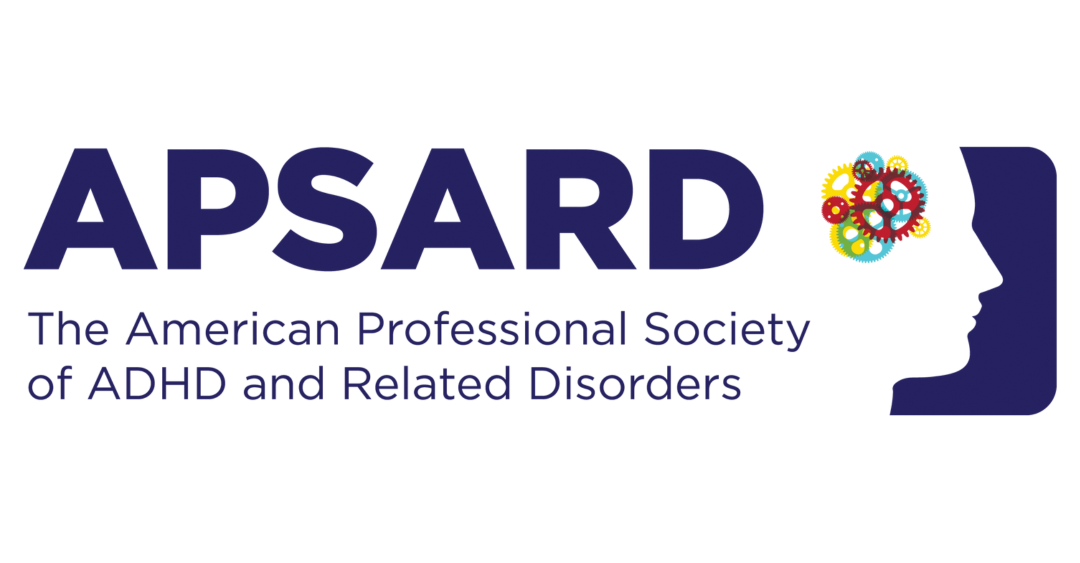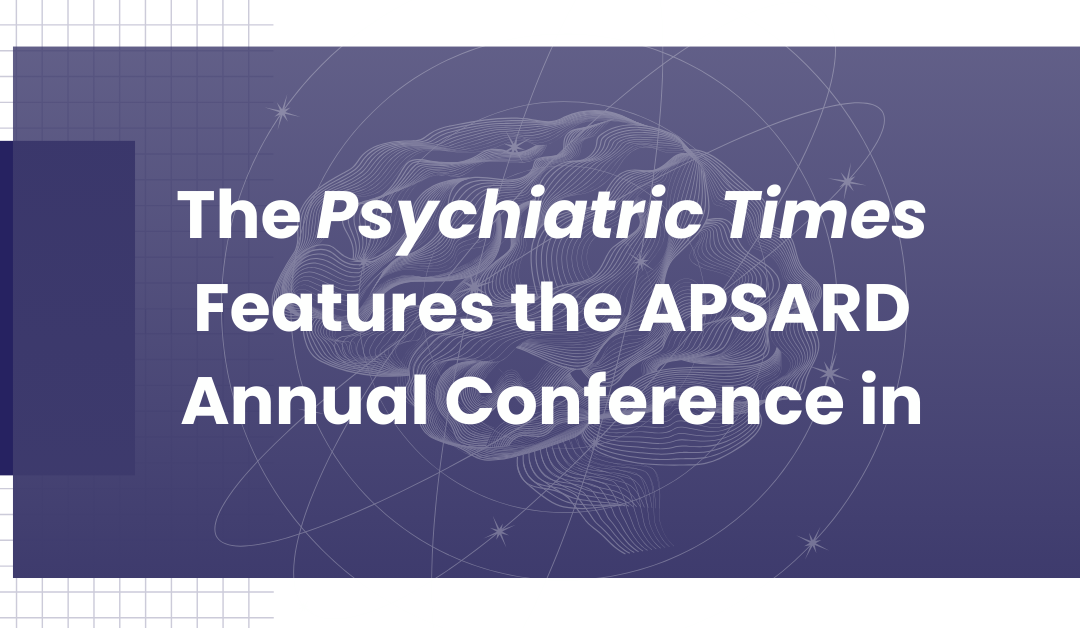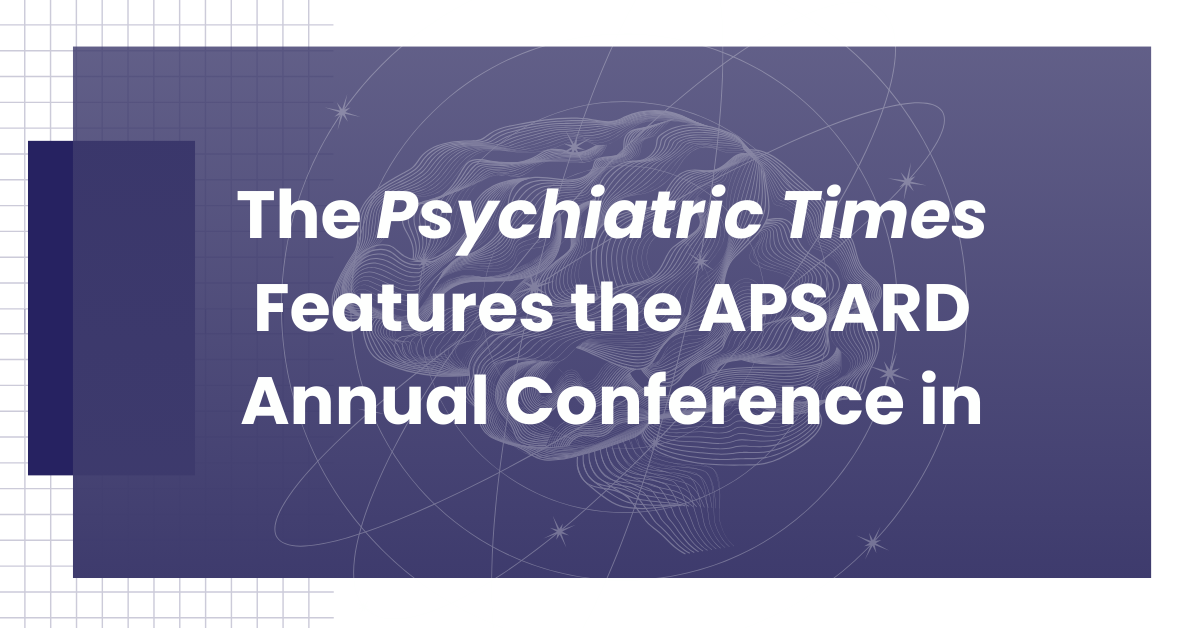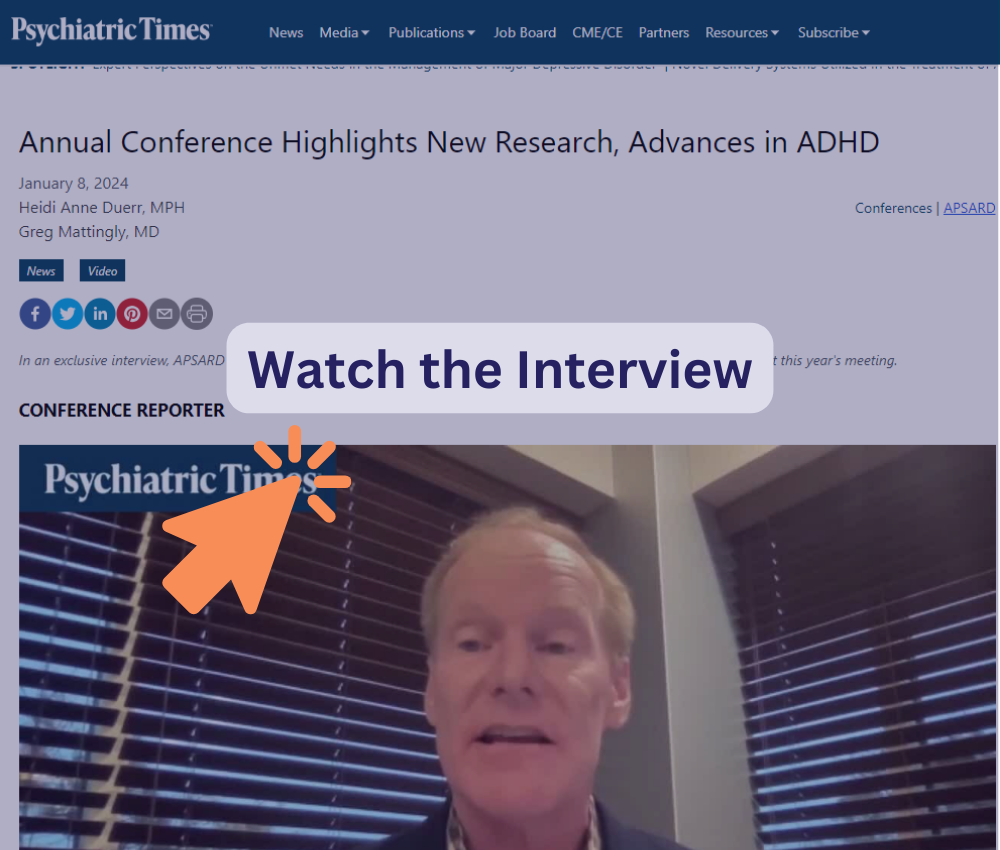The members are the judges! From the feedback we’ve heard, APSARD 2024 went very well with a strong line-up of presenters sharing interesting and important science.
From attendees:
- Excellent conference, both in content and the quality
- Great speakers; great information; wonderful to socialize and meet people; delicious food.
- Speakers were very informative and loved that they were able to relate to the audience.
Here are some highlights:
An update on the Adult ADHD Diagnosis and Treatment Guidelines process was shared Friday morning by Dr. David Goodman and audience questions were received for consideration in the ongoing process. This is an important initiative, and the committee was grateful that APSARD members were able to share some of their thoughts. See here for the latest news on the guidelines development.
Drs. Maggie Sibley and Luis Rohde provided stimulating presentations on the complexities of ADHD in adulthood that are especially pertinent given the prevalence trends in the literature documenting dramatically increased prescribing for adults and especially women. Multiple factors are important to consider including the fluctuating course of ADHD throughout life and the impact, both positive and negative, of social media on ADHD awareness. A clinical take-home point is that assessment in adulthood is complicated by the need to rule out multiple alternative and co-occurring causes of ADHD symptoms; thorough assessments are critical.
Dr. Susan Young delivered a lecture on ADHD experienced by women with an emphasis on distinct clinical presentations important for consideration in diagnosis and treatment underscored by personal narratives shared by the women in her research. Recognizing the more subtle and internalized presentation of ADHD amongst women, and individualizing treatment goals, is important.
Drs. Brooke Molina and Tim Wilens presented recent data on connections between stimulant treatment, misuse, and risk of other harmful substance use, showing an absence of harmful substance use in adulthood amongst children treated with stimulants for ADHD yet increased risk when stimulant treatment is initiated in adolescence and especially in the presence of stimulant misuse. The findings underscore the need for monitoring of substance use risk when stimulant prescribing is initiated at older ages.
Drs. David Coghill, Steve Faraone, and Luis Rohde provided very interesting international perspectives on the implications of, and necessity for, national guidelines on the diagnosis and treatment of ADHD. The discussion provided insight into differences across countries in diagnosis and treatment cultures, service availability, and policies that drive availability of evidence-based care.
Drs. Brandy Callahan and David Goodman presented the state of the science on cognitive aging and ADHD, helping the audience understand the complexities of diagnosis in older age as well as the increased risk of accelerated brain aging amongst individuals with ADHD. Assessments should include a thorough medical evaluation to consider all possible causes of cognitive complaints before diagnosing ADHD, but once diagnosed, ADHD treatments can be just as effective for older adults as for younger adults.
From several more attendees:
- Good meeting – appeals to many health care providers
- Provides the chance to network with colleagues with deep interest in ADHD.
- Relevant, cutting-edge information, great speakers. Very friendly atmosphere.
- Speakers and topics were so informative and thought provoking – each talk was directly relevant to my practice.
APSARD has been very fortunate to include international perspectives throughout our meetings and the 2024 meeting was no exception with other talks including representation from Japan (Drs. Gail Tripp, Emi Furukawa, Patricia Bado, & Shizuka Shimabukuro), in addition to presenters noted earlier (Callahan, Canada; Coghill, Australia; Rohde, Brazil; Young, UK). Clinically, it is clear that cultural differences in perspectives about mental health can and should be taken into account when diagnosing and treating ADHD. Training in cultural competence is one important way for clinicians to accomplish this (e.g., Center of Excellence for Cultural Competence).
Drs. Faraone, Angelika Claussen, and Melissa Danielson provided updates from the CDC on trends in care utilization and medication use by adults with ADHD and underscored the need for additional research on underserved populations and education for people with ADHD, their families, and their healthcare providers.
In addition to these invited presentations, multiple symposia were extremely well-attended and led to lively conversations about ADHD and cannabis use, developing parenting interventions in Japan, understanding the comorbidity of reading disorders and ADHD, medication selection for adults with ADHD in light of psychiatric comorbidities, the role of sleep in ADHD and comorbidities, school interventions in the digital era, advances in digital therapeutics, advances in models of clinical care delivery for children with ADHD, and the association between ADHD and genetically driven inflammatory disorders. ADHD 201, held pre-conference on Thursday, was standing room only and will definitely be in a bigger space next year!
Finally, the meeting was filled with stimulating conversation across disciplines, with clinicians and researchers informing one another with their perspectives and questions. Relatedly, Table Talk and the Special Interest Group meetings were well-attended and will be continued at APSARD 2025 in San Diego where we hope to continue these conversations!
More feedback:
- This is by far one of the best conferences that I have ever been too that is research based, and I love that.
From a new attendee nurse practitioner (NP):
- Since the conference, I’ve had the opportunity to speak with several colleagues about the benefits of APSARD membership and many are interested. This organization has already influenced my practice in such a positive way – I am excited to play a role in helping to spread this positive influence. Especially to my NP colleagues of color.

Brooke Molina, PhD
APSARD Program Planning Committee Chair, 2024
